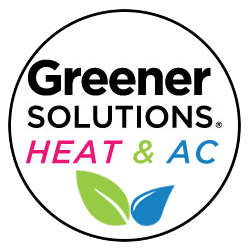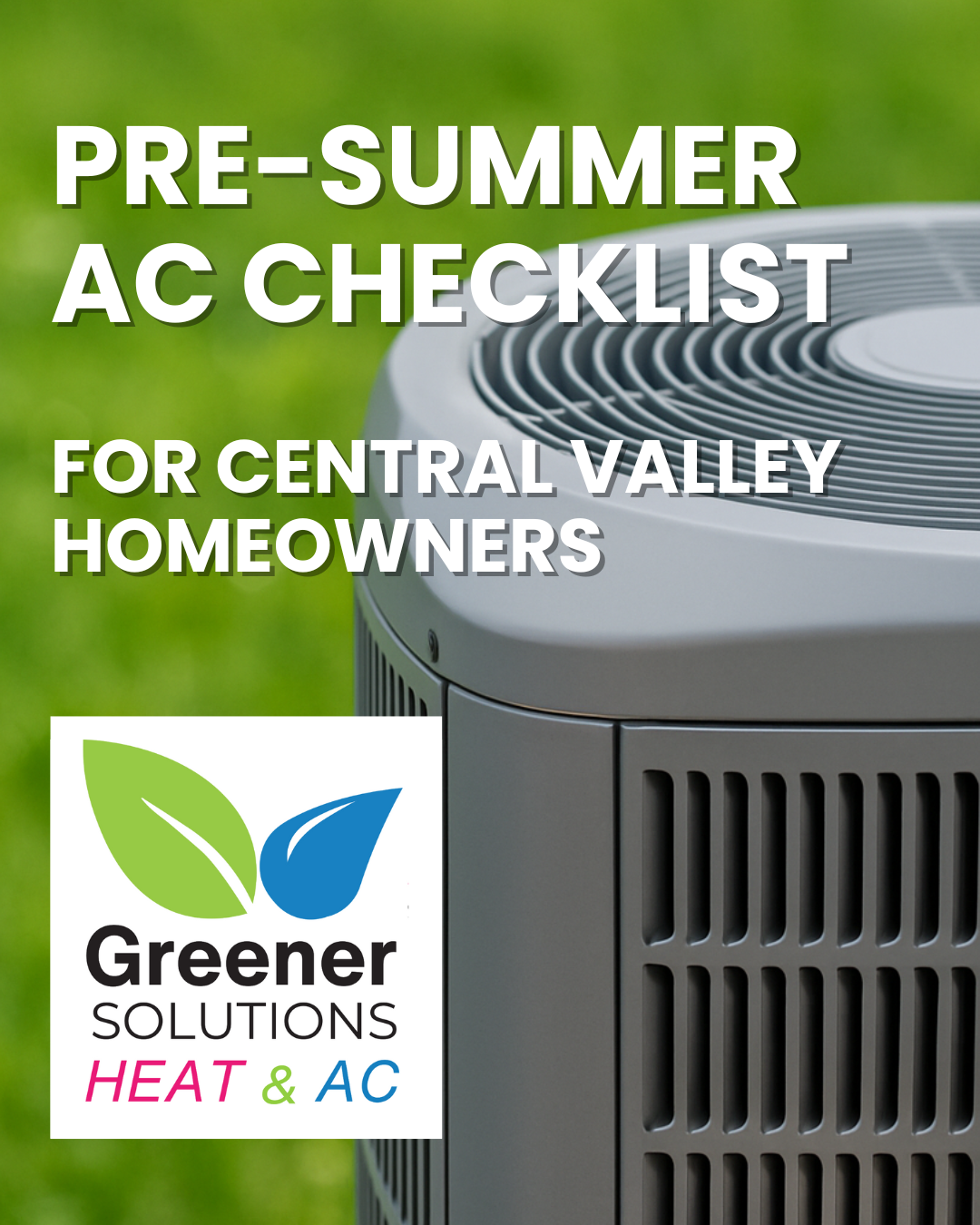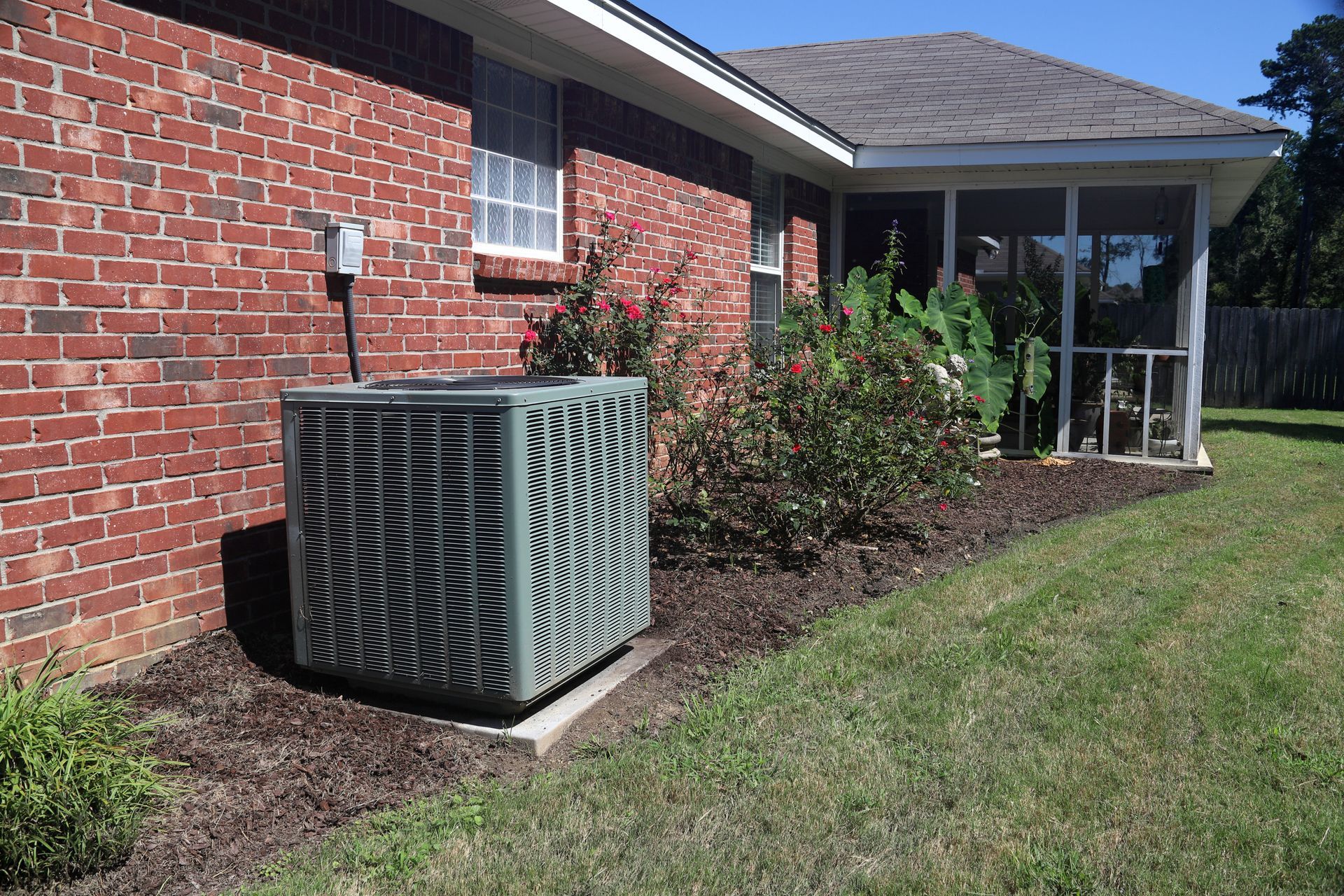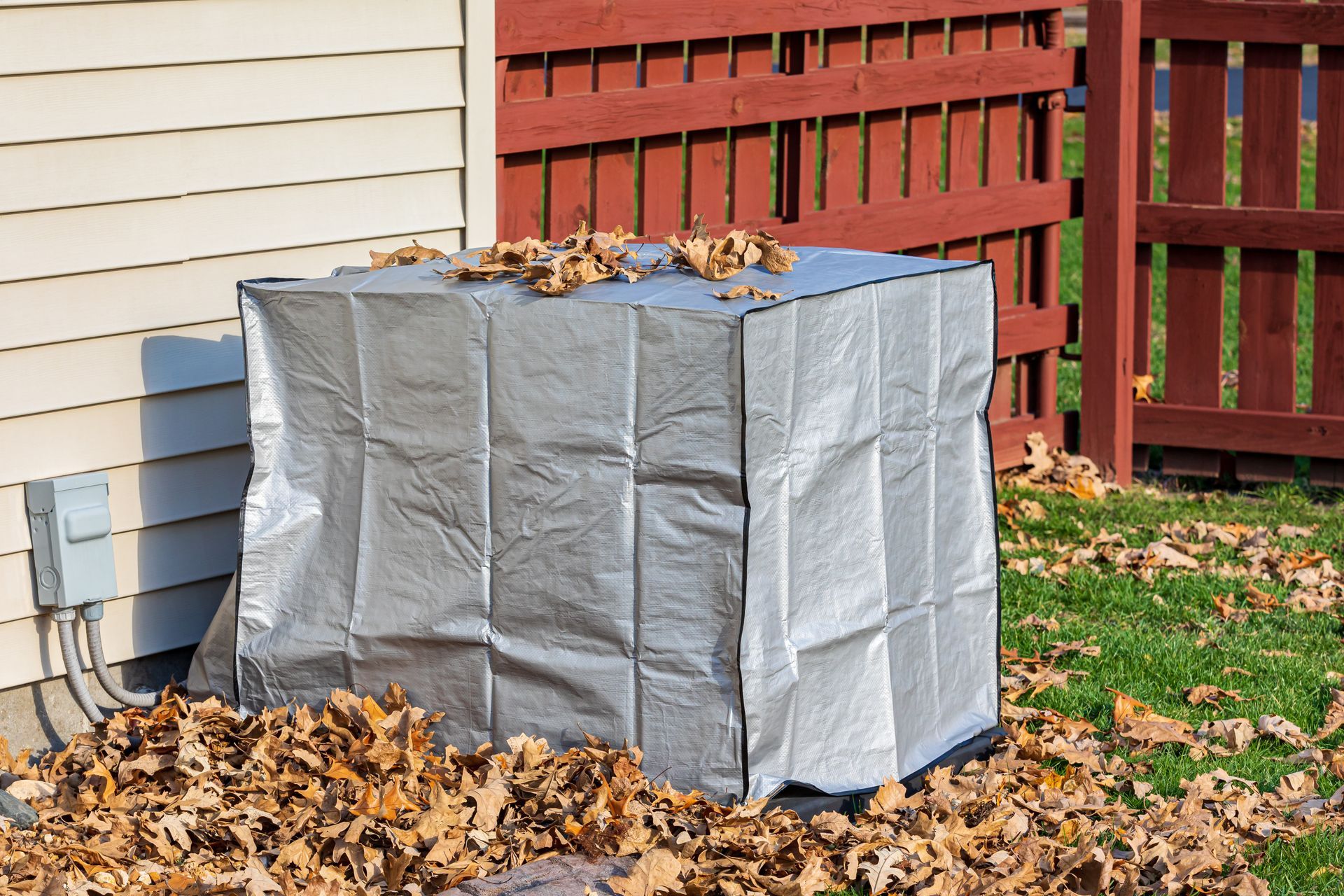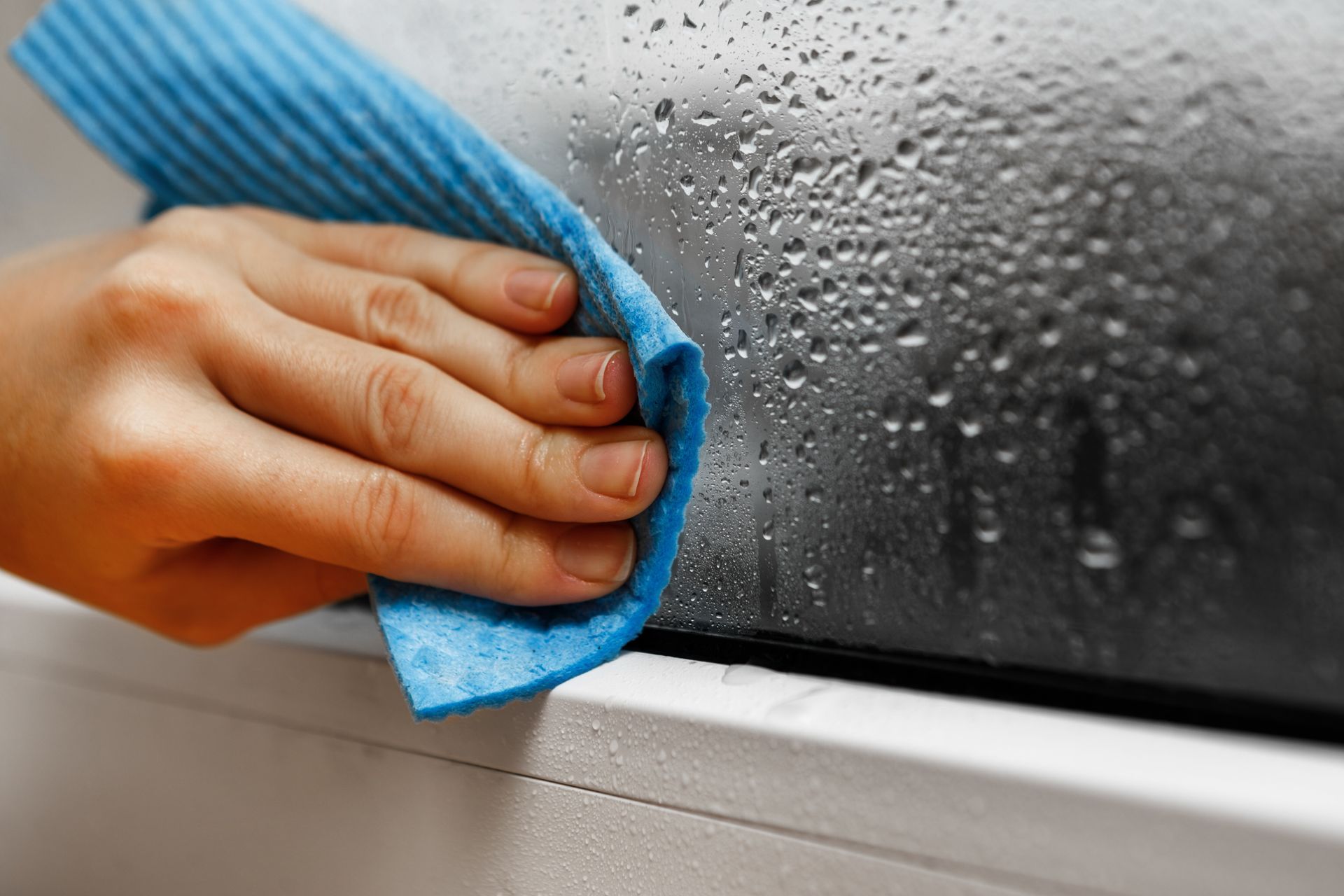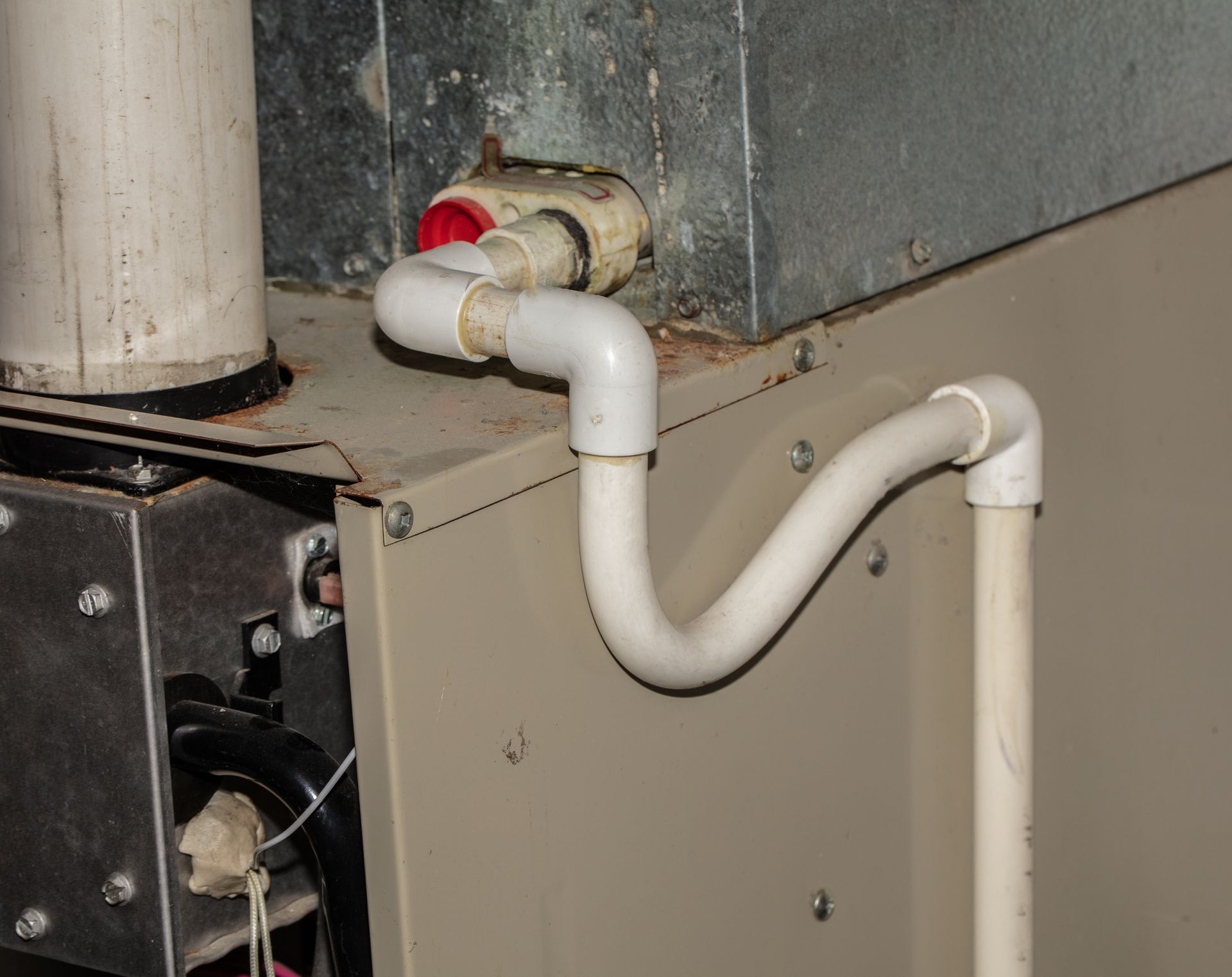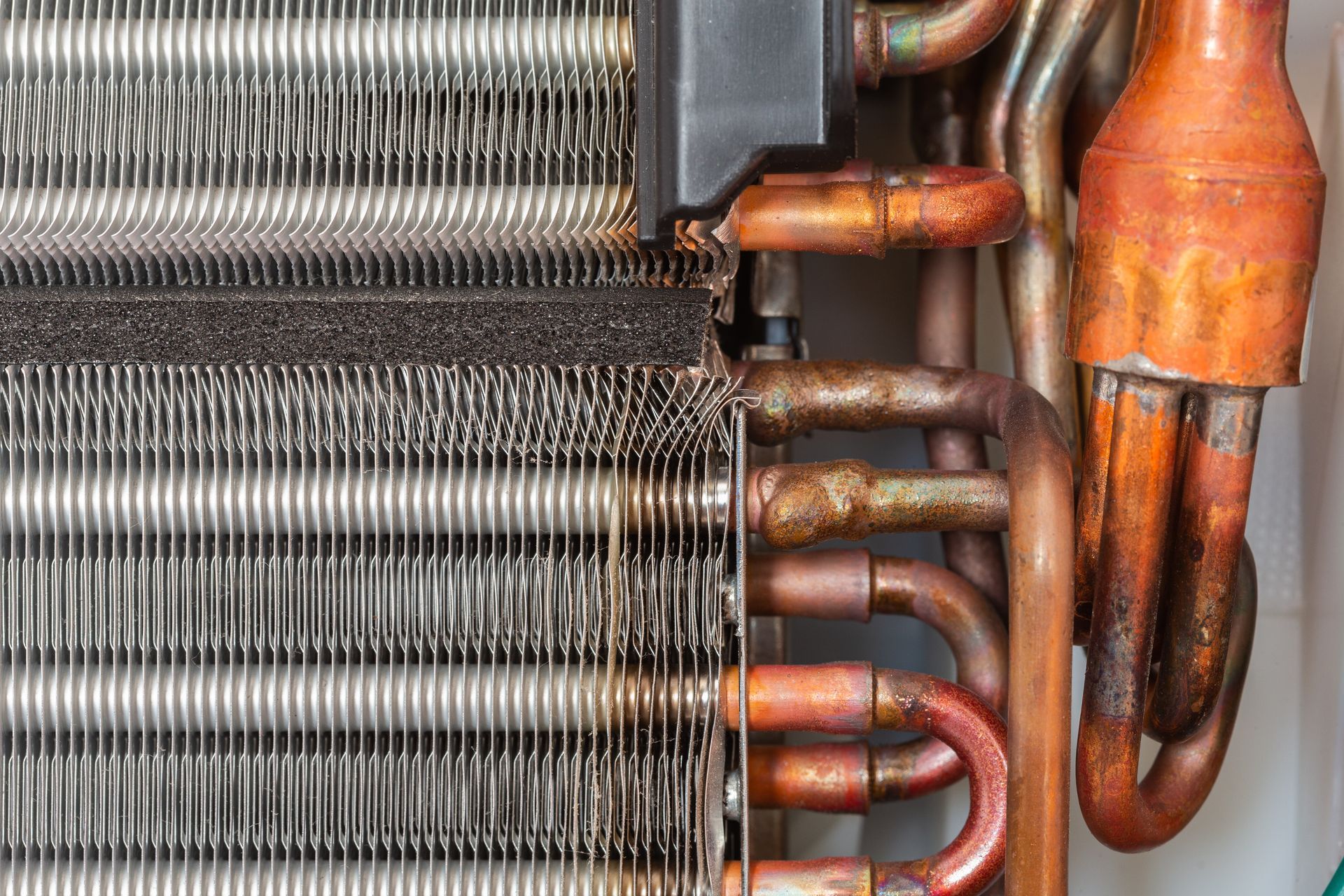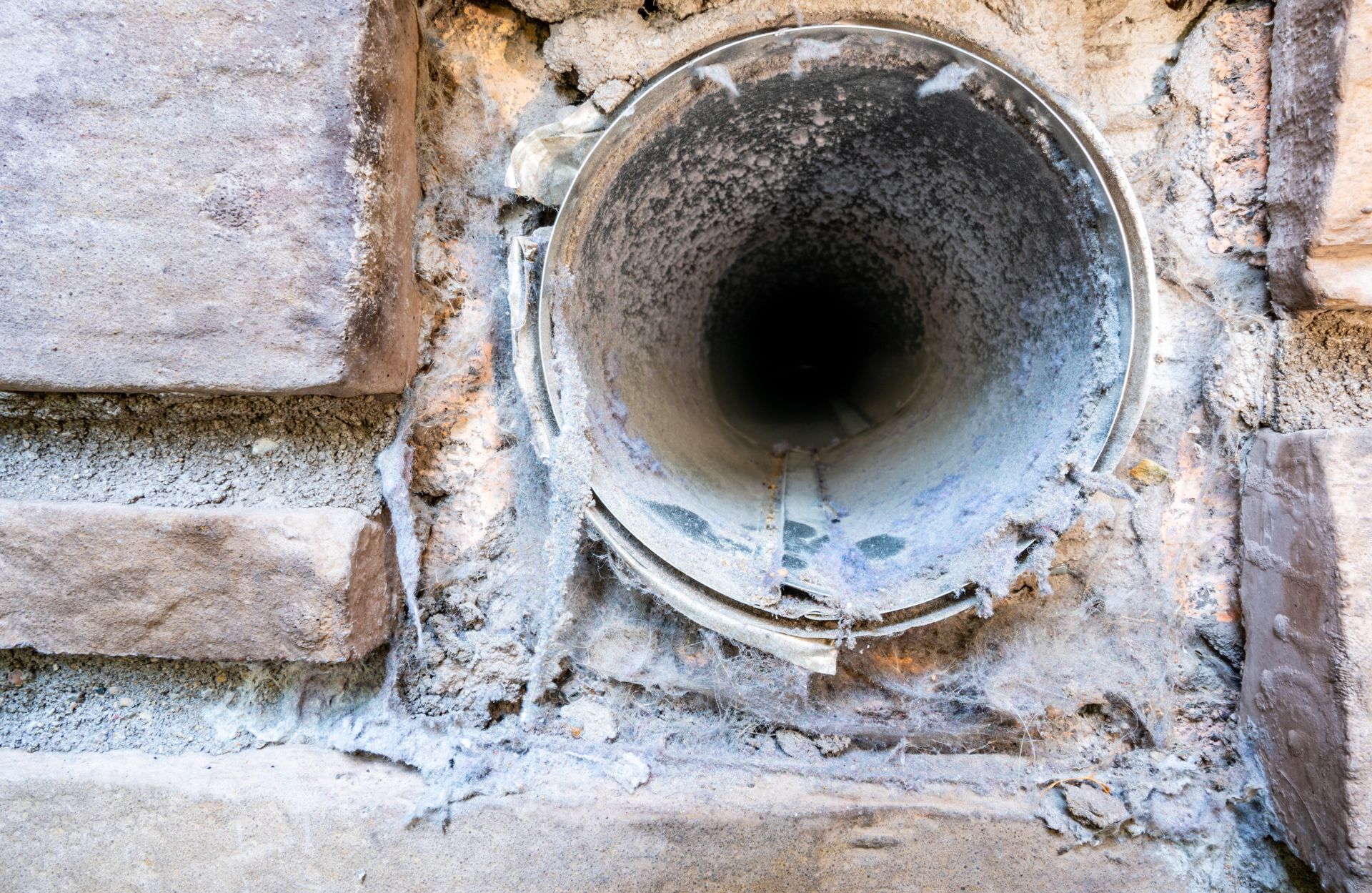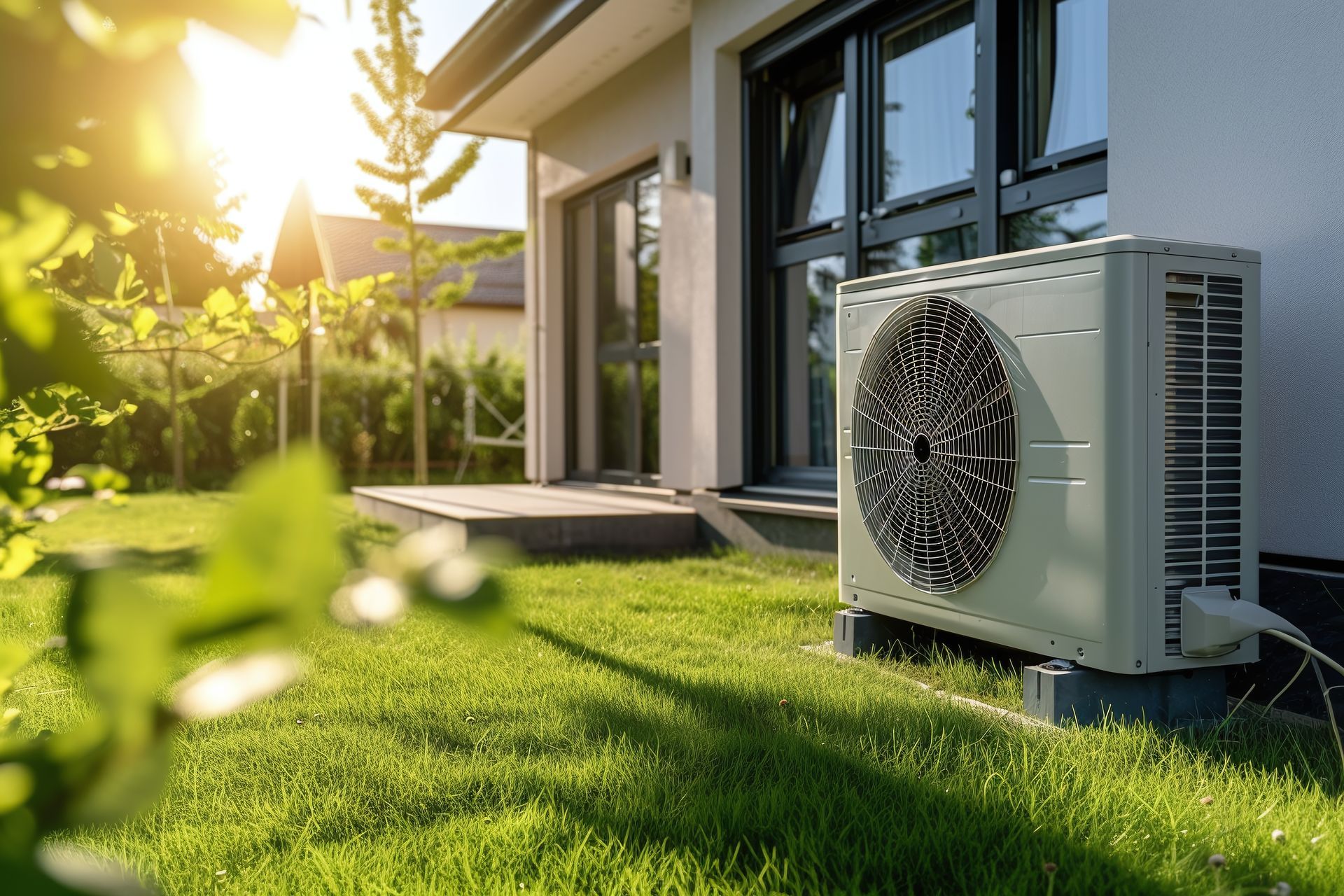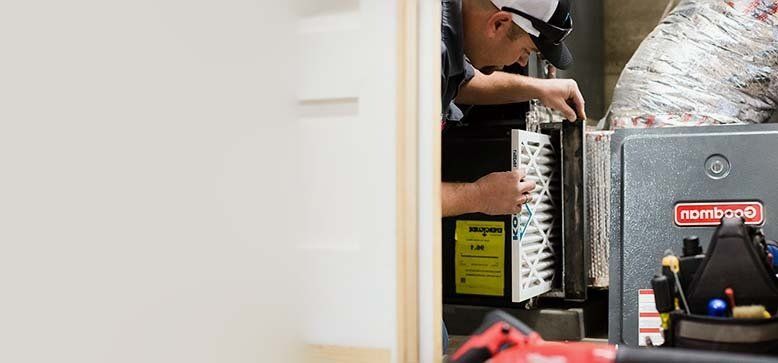How To Beat Allergies With Your HVAC System
Improve the air quality of your home.
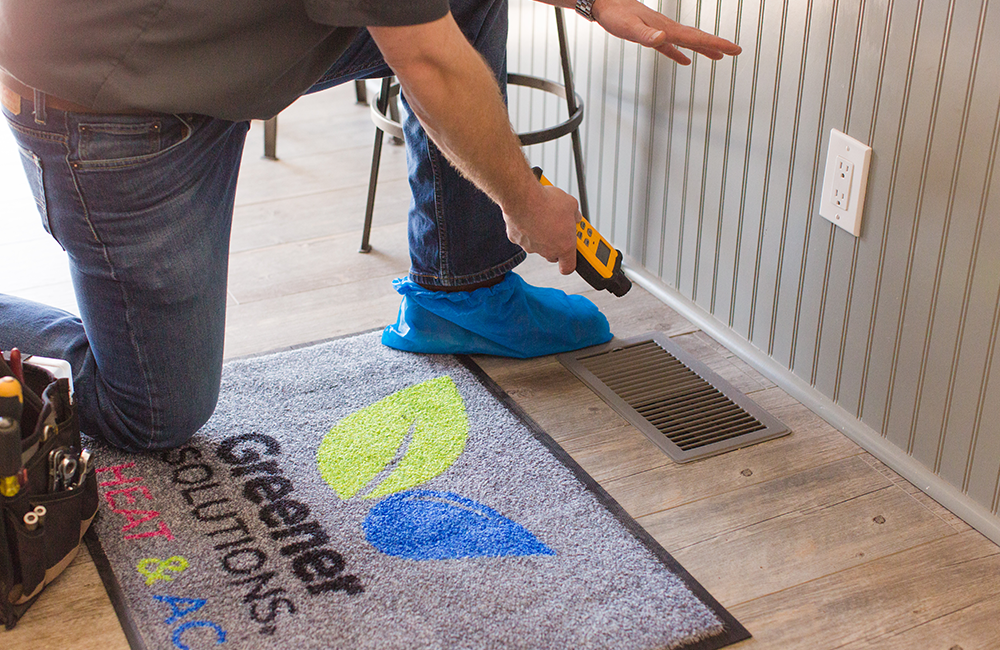
Most of us welcome springtime with melting snow and the promise of summer. But for people with allergies, rising outdoor temperatures mean stuffiness, headaches, watery eyes and all-over misery.
You can’t change the weather or the outdoor allergens. Fortunately, you can minimize the effects of allergens inside your home with these HVAC tips.
Ensure Proper Ventilation
Despite the outdoor triggers for your symptoms, the answer is not to keep stale air in your home. Indoor allergens can build up and make you just as sick, or worse. Fresh air is critical for allergy sufferers and the right ventilation system will keep the allergens to a minimum.
Upgrade Your Filter To HEPA
HEPA stands for High Efficiency Particulate Air and it works by forcing air through a mesh that traps allergens like dust, pollen and pet dander. Keep in mind that HEPA filters have larger pressure drops and can adversely affect airflow through furnace, reducing its heating and cooling performance. Talk to a professional before replace your regular filter.
Use A Room Or Whole-House Air Purifier
Air purifiers can be portable units placed in various rooms in your home, or they can be integrated into your HVAC distribution system. Besides filters, you can choose from ionizers, UV Light purifiers or adsorbents like activated charcoal. Ionizers charge dust and other particles so that they either stick to charged plates in the ionizer or bond with other particles and become too heavy to remain airborne. UV light neutralizes and kills microorganisms. Adsorbent materials, like charcoal, trap particles on its surface and in its pores.
Clean Your Ductwork
Dust and other allergens can build up in your ductwork and get distributed throughout your home. Have your ductwork cleaned regularly to keep your air clean and free from these particles.
Add Humidifiers or Dehumidifiers
You need the right humidity levels in your home to fight allergy symptoms. Too much moisture causes mold that worsens symptoms and too little can dry out mucus membranes, giving easy entry to allergens and germs. Installing a humidifier or dehumidifier (depending on the climate where you live) will work to keep moisture levels at the ideal 30-50% levels to help you fight allergies and symptoms. If you have issues with the air quality in your home and want to find ways to reduce your allergy symptoms this spring, give us a call and we can help you make the right changes to your home’s HVAC systems.
